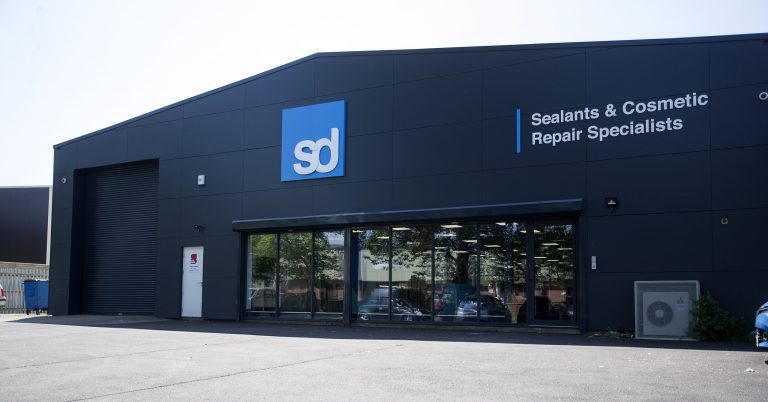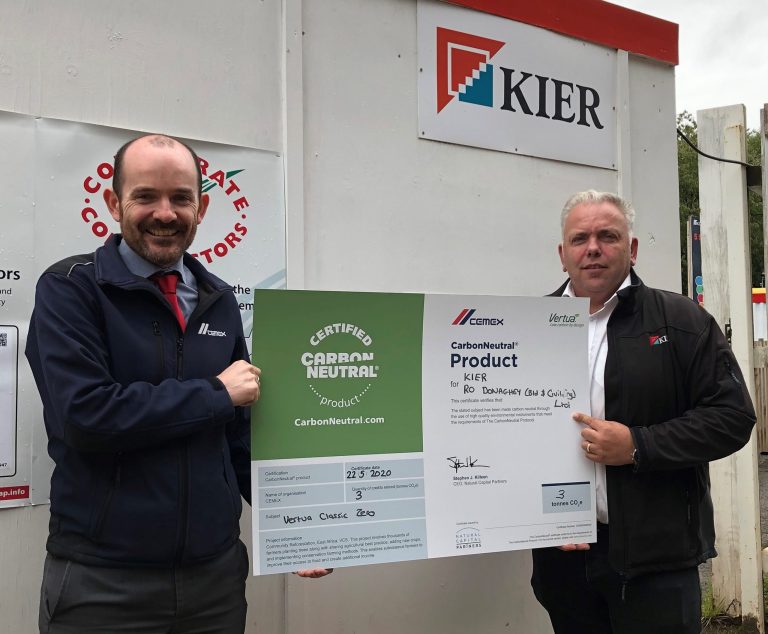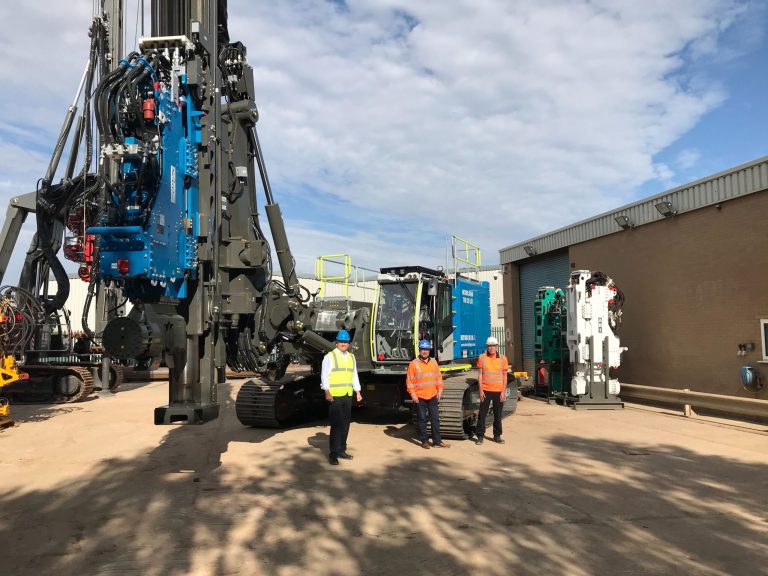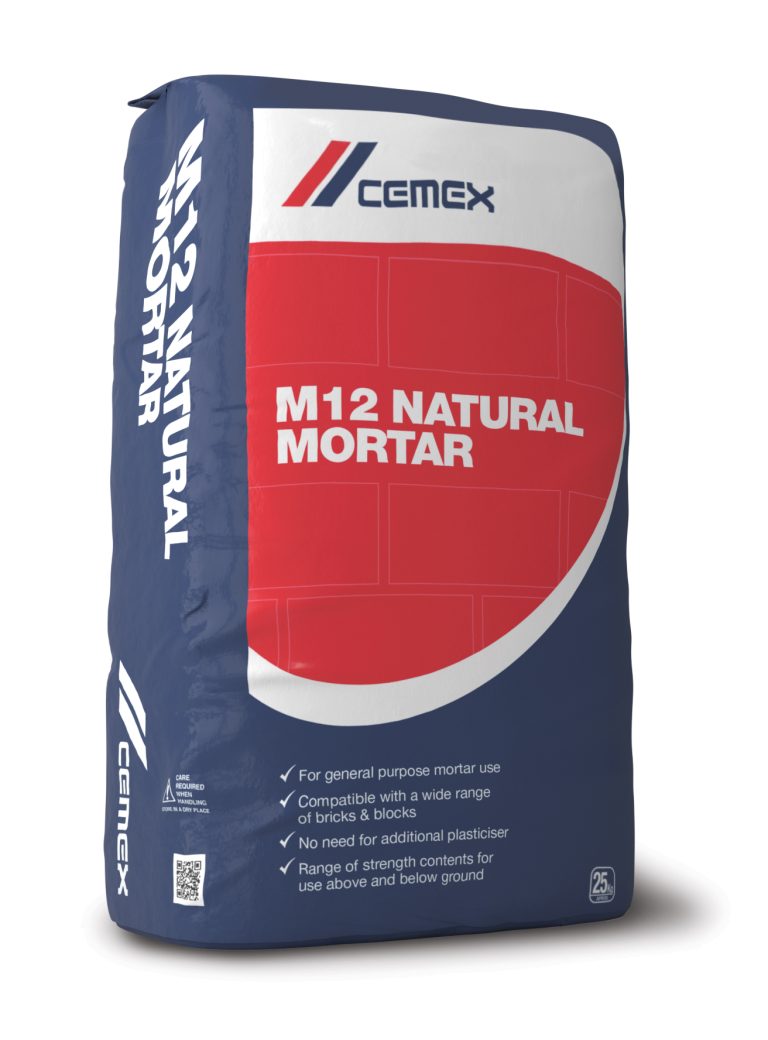Architectures, designers, general contractors and builders need different types of metals in construction projects. To choose the best metal, they consider efficiency, maintenance and durability of metals for their projects. Metals offer striking beauty, versatility and clean looks than other materials. For a construction project, you have to consider economic benefits, versatility and sustainability of metals. Here are some widely used metals in the construction industry. Steel It is widely used and most recycled metal. Steel is frequently used in the construction industry because of its sustainable structure. If you want this metal for your construction project, you have to choose a reliable supplier for the best steel supplies in Melbourne. Steel structures are available at low costs. These may be available in coastal defenses, bridge deck plates, high-rise buildings, educational buildings, low-rise buildings, security fencing, stadiums, office buildings and hospital buildings. Aluminum Nowadays, the use of aluminum is increasing because of its physical properties. It is an ideal material for different construction projects. Aluminum is lightweight and strong. This metal is highly resistant to corrosion. The fluidity of this metal gives freedom to designers and architects. Aluminum is used in walls and ceilings, roof covers, window frames, HVAC systems and to construct bridges and stadiums. Remember, aluminum is malleable and highly conductive. It is resilient to the harsh climate. This metal is frequently used in wire, doors, and windows. Aluminum handles, walling roofs and HVAC ducts are frequently available in the building industry. Iron Wrought and cast irons are two different products with specific objectives in construction. Cast iron is poured, molded and melted. Wrought iron can be rolled in the final stages of its production. It is used in different architectural projects. Remember, the dome of the United State Capitol is made of cast iron. Wrought iron is easy to rivet to make things, such as rafters, trusses and beams. Copper It is an old metal to add versatility to engineering projects. Copper is a versatile material with amazing physical properties. Remember, copper features strength, flexibility, corrosion resistance, and conductivity. In the construction industry, copper is an excellent metal. It is suitable for cladding, heating systems, gas and oil lines, electrical wiring, roofing, and rainwater systems. With the use of copper, you can add strength and versatility to your building. Copper tubing is available in two types and famous for pipes in constructions. Inflexible copper tubing can be used as cold and hot tap water pipes. Moreover, soft copper is suitable to make refrigerant lines in heat pumps and HVAC systems. Malleable metal and copper ductile is resilient to corrosion for soil and water. Titanium Titanium is an extra-strength, lightweight metal famous in the construction industry. It is used for cooling and heating system because of its corrosion resistance. Titanium is famous for its use in roofing, security systems and pipes. Remember, plates of titanium offers additional reinforcement. Copper tubing, stainless steel, carbon steel and aluminum are all strong, corrosion-resistant and durable metals. These are frequently applied in the building industry. Use of these metals is common in the construction of door frames, staircases and pipes.













